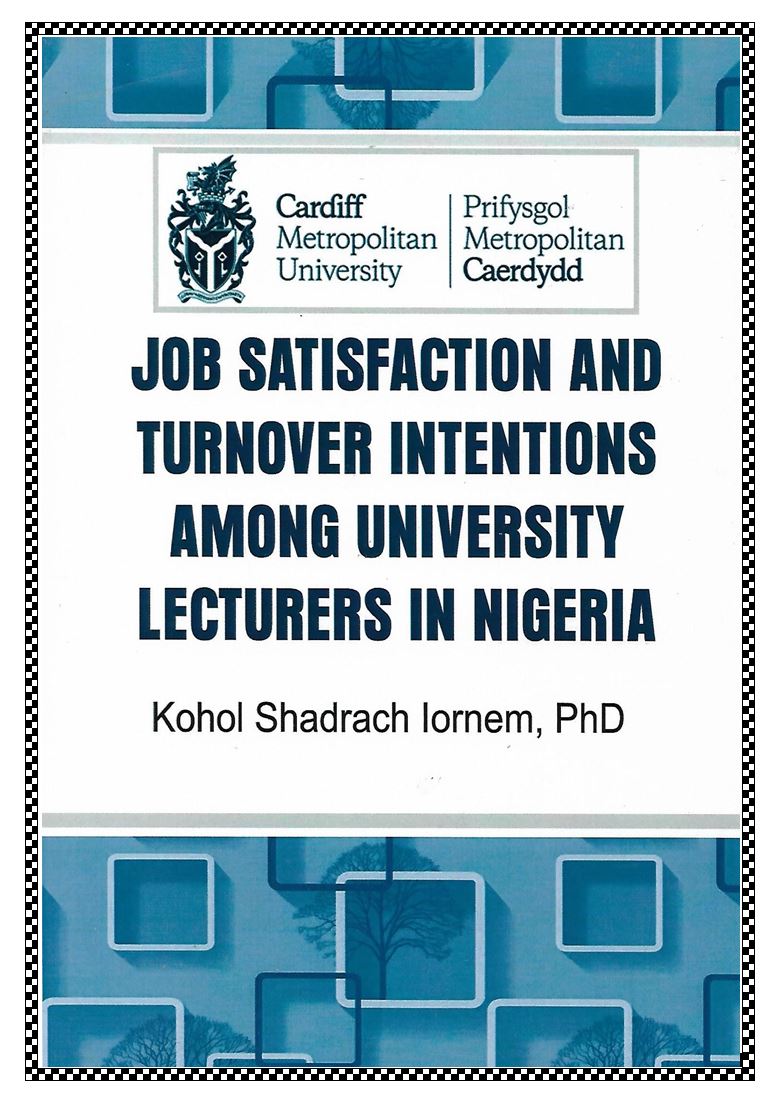Job Satisfaction and Turnover Intentions Among University Lecturers in Nigeria
As a student back in the days at Ahmadu Bello University, I experienced several industrial actions by the Academic Staff Union of Universities (ASUU). The disruptions led to the closure of our school, and I had to spend extra years completing my course. To date, many students suffer the same fate because of similar strike actions – across Nigeria. Thus, because of job dissatisfaction by lecturers, student learning is affected.
We are aware that when people are not happy with their jobs, they tend to find alternative employment, or they reduce their commitment to their current job. In some cases, the employee leaves the organisation. Consequently, the organisation may incur costs in recruiting and training new staff – in addition to the hiatus of service caused by a resignation.
Lecturers are essential stakeholders in a country’s growth and development. They help in the field of research; prepare individuals for employment, and disseminate knowledge. They are critical players in the field of education.
So, I was motivated to research for an answer to this educational conundrum. Was there an alternative management model that Nigerian universities could adopt to better shape their human resource policies and practices to reduce the turnover of lecturers?
My main objective was to develop a theoretical framework that integrated the widely used motivation theories viz. Herzberg’s Two-Factor Theory and Oldham and Hackman’s Job Characteristics Model to analyse job satisfaction amongst lecturers in Nigerian Universities in the North Central. The outcome of the research was the establishment of a new unified model – the Three-Factor Model – a comprehensive assessment comprising intrinsic, extrinsic and core job dimension factors to enable policymakers and appropriate stakeholders with information to remedy Nigeria’s parlous employment dilemma in the education sector.
This study’s findings have relevance for the Nigerian Government, the Nigerian Universities Commission (NUC), researchers, students, lecturers, management of tertiary institutions, policymakers, Trades Unions and the public. Each could benchmark the good practices adopted by some public and private universities with higher job satisfaction among academics and thus address the unnecessary, endemic turnover realities.
Finally, there are usually debates and mixed outcomes about which tertiary sector (public or private) provides higher academic job satisfaction. The data from the study’s findings show that many lecturers at private universities preferred to move to either a federal or state university – citing research opportunities, job security, good salaries and high academic standards amongst other reasons.
I trust that this peer-reviewed study will bring an improvement to Nigeria’s tertiary education sector.

